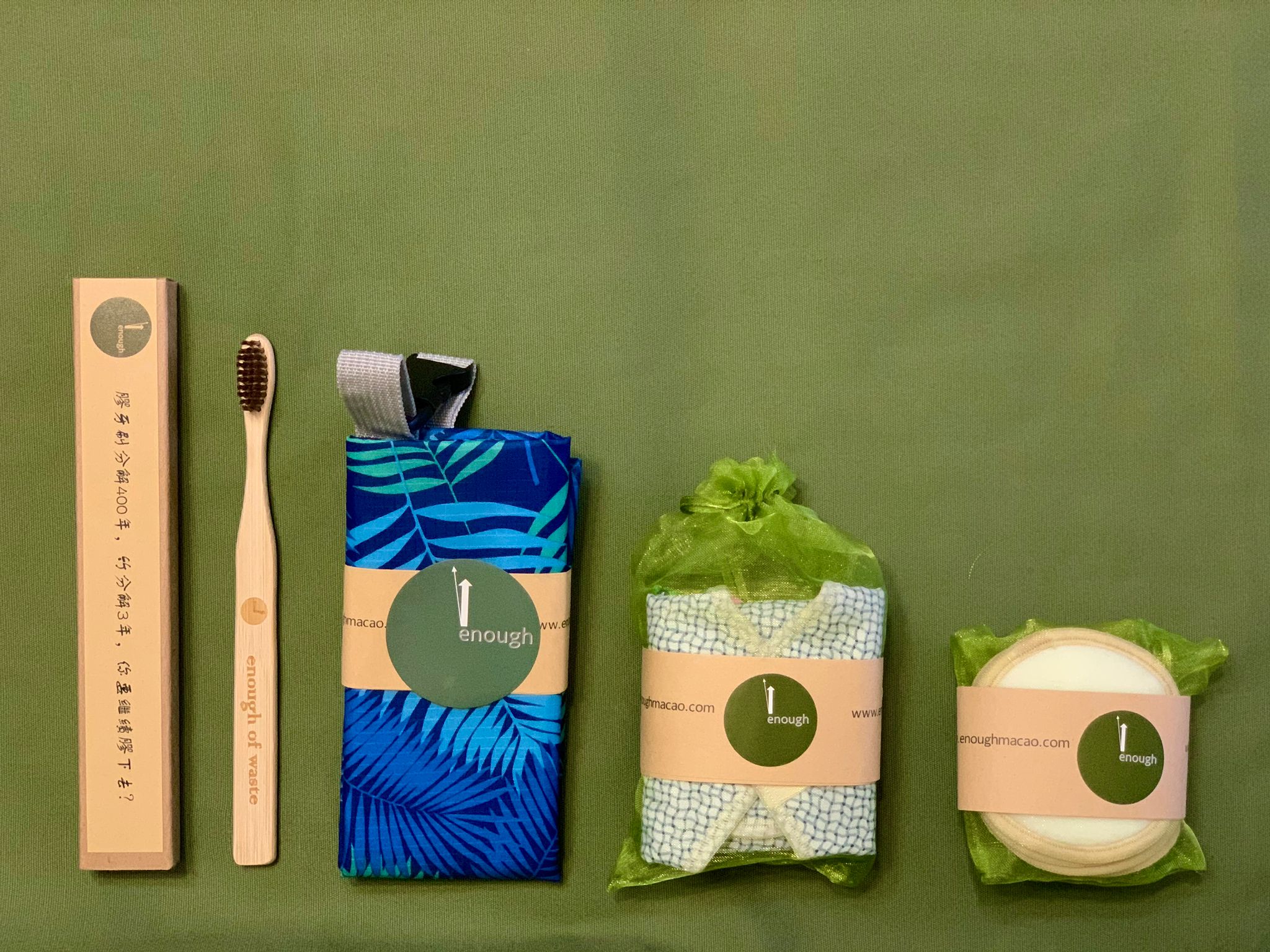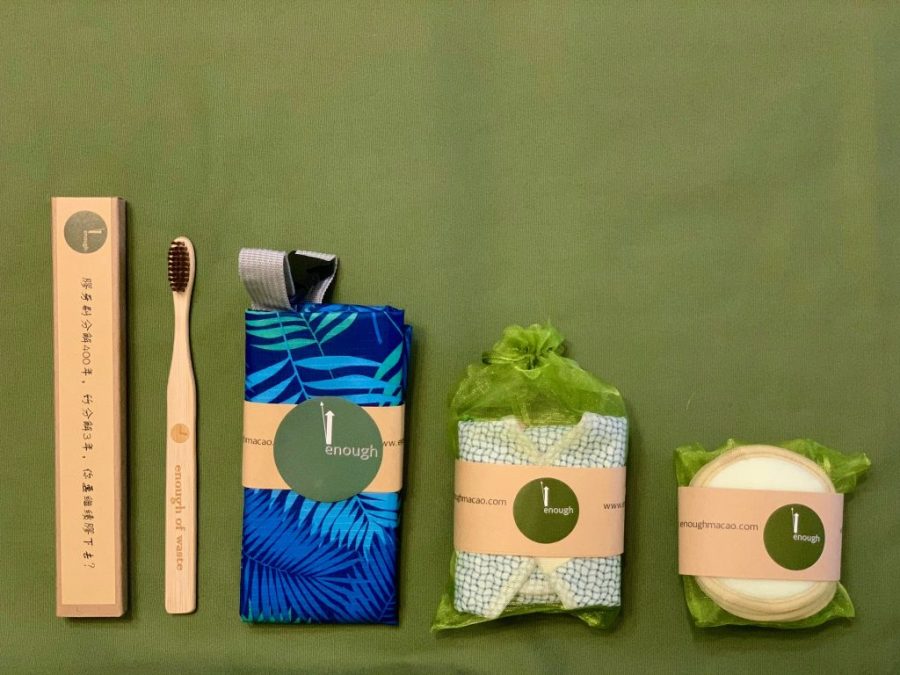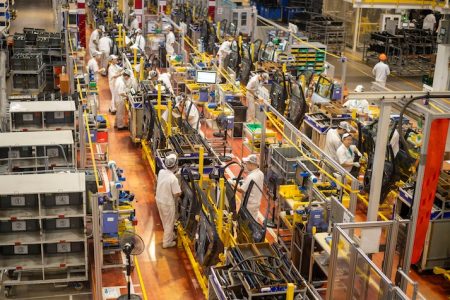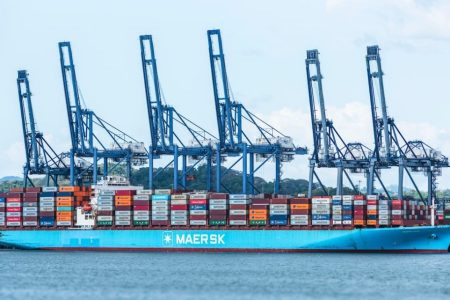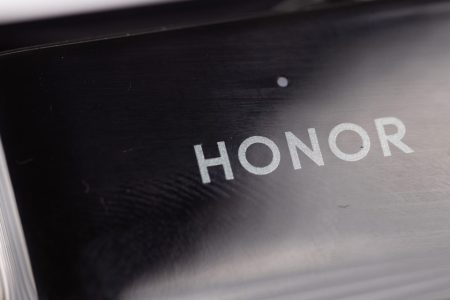On 18 November 2019, the city imposed a levy on plastic takeaway food bags. On 1 January 2021, Macao banned polystyrene takeaway boxes. And on 1 January 2022, a ban is set to begin on plastic straws and stirrers.
The new laws reflect growing concern about the city’s waste problems. In 2020, Macao’s solid waste surpassed 437,000 tonnes – equivalent to 1.74 kilogrammes of solid waste per person a day. The volume far exceeds the rates per capita in Hong Kong (1.47 kg), Beijing (1.29 kg), Guangzhou (1.20 kg), and Shanghai (0.85 kg).
Some experts believe the bans are a step in the right direction but doubt their long-term impact. In the meantime, everyday people are taking the matter into their own hands by cleaning up trash and curbing waste in the community. For example, Macao residents have organised everything from beach cleanups to recycling efforts, zero-waste stores and the recently launched Macao Community Fridge for food donations.
Isadora Leung, who heads up communication and public relations at the University of Saint Joseph, is one such individual. In 2019, Leung felt fed up with plastic waste in the city and sought out a solution.
Enter Enough Macao: the online-based platform designs, manufactures and sells environmentally friendly alternatives to everyday essentials such as bamboo toothbrushes, reusable makeup pads, food shopping bags, reusable sanitary pads.
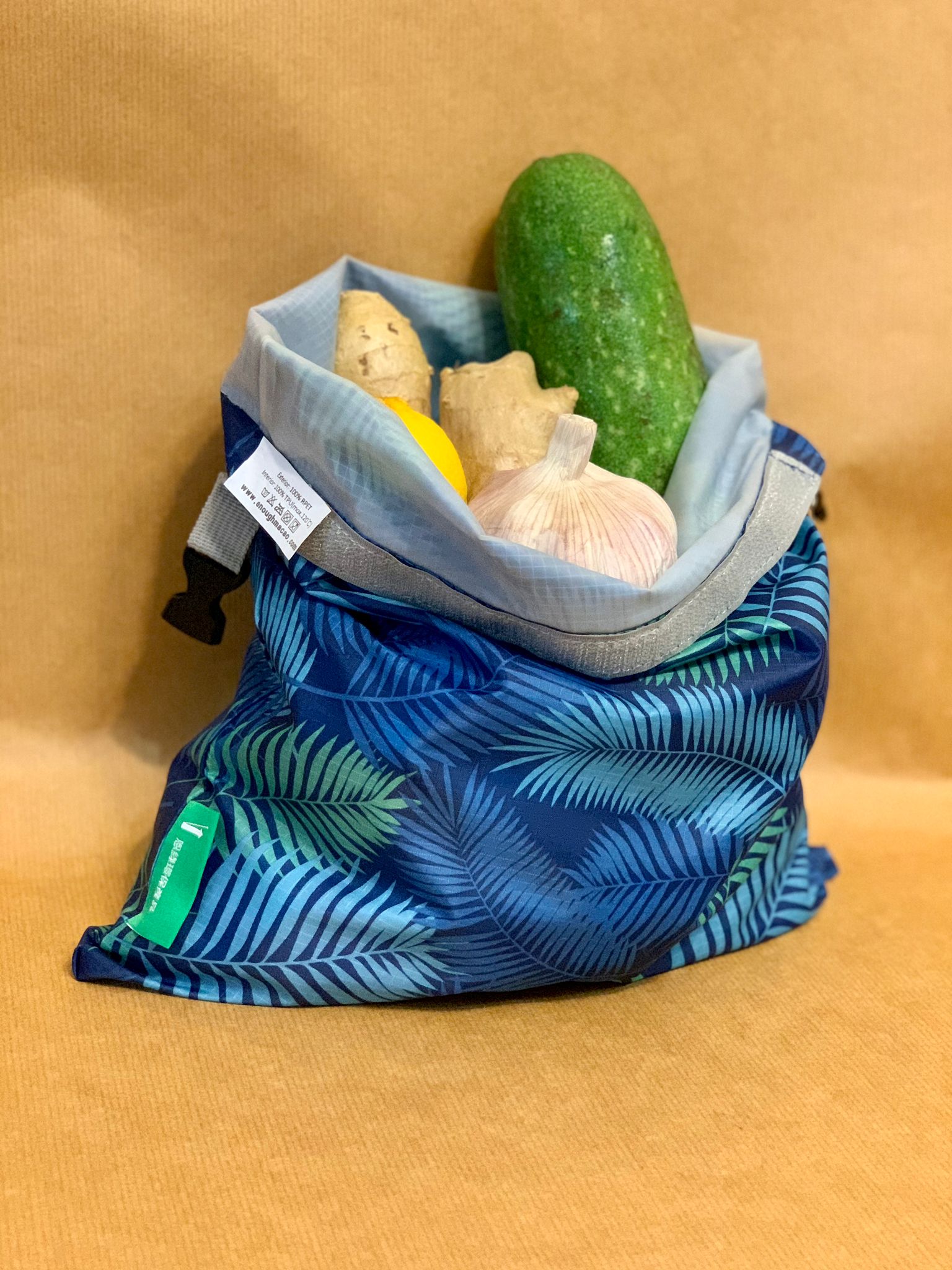
Budding eco influences
Born in Macao, Leung spent the majority of her childhood and teenage years in Taiwan. Growing up, she learned about environmental awareness, proper recycling and waste separation and was accustomed to carrying reusable bags early on.
In 1999, she moved back to Macao before moving to New York in 2015, where she lived for 2.5 years and learned about community waste recycling systems. She recalls a smooth operation that collected specific recyclable items on a fixed schedule for each neighbourhood.
For instance, a local neighbourhood programme collected cans and metal trash on Mondays, plastics on Wednesdays, food waste on Thursdays and so on. Those who sorted their waste incorrectly would be fined USD150 (roughly MOP 1,200) each time. Leung says her eco-conscious lifestyle in the US greatly influenced her decision to launch Enough Macao. “If a place with that large of a population can handle this type of policy, why not Macao?” she wonders.
In 2018, Leung returned to Macao with her family, where she started a new job as a researcher at the Global Tourism Economy Forum (GTEF). Moving back, she fell out of the habit of sorting waste and garbage like she used to. One day, her two daughters asked if she’d used any plastic that day. “They reminded me of all the good habits I’d left behind and how much I’d wasted [in Macao],” says Leung.
To restart her sustainable habits, Leung went in search of locally made reusable products. However, she struggled to find much in Macao and what she did find was “double the original price [due to being imported],” says Leung. The experience motivated her to start an online shop that makes and sells affordable eco-products for both English and Chinese speakers.
It took Leung and her sister, Jacy, about six months to research and develop the business. They did everything themselves, from finding a manufacturer to product design trials, modifications, patent applications, website productions and more. In April 2019, Enough Macao launched online.
“A person’s determination can achieve anything!” says Leung with pride.
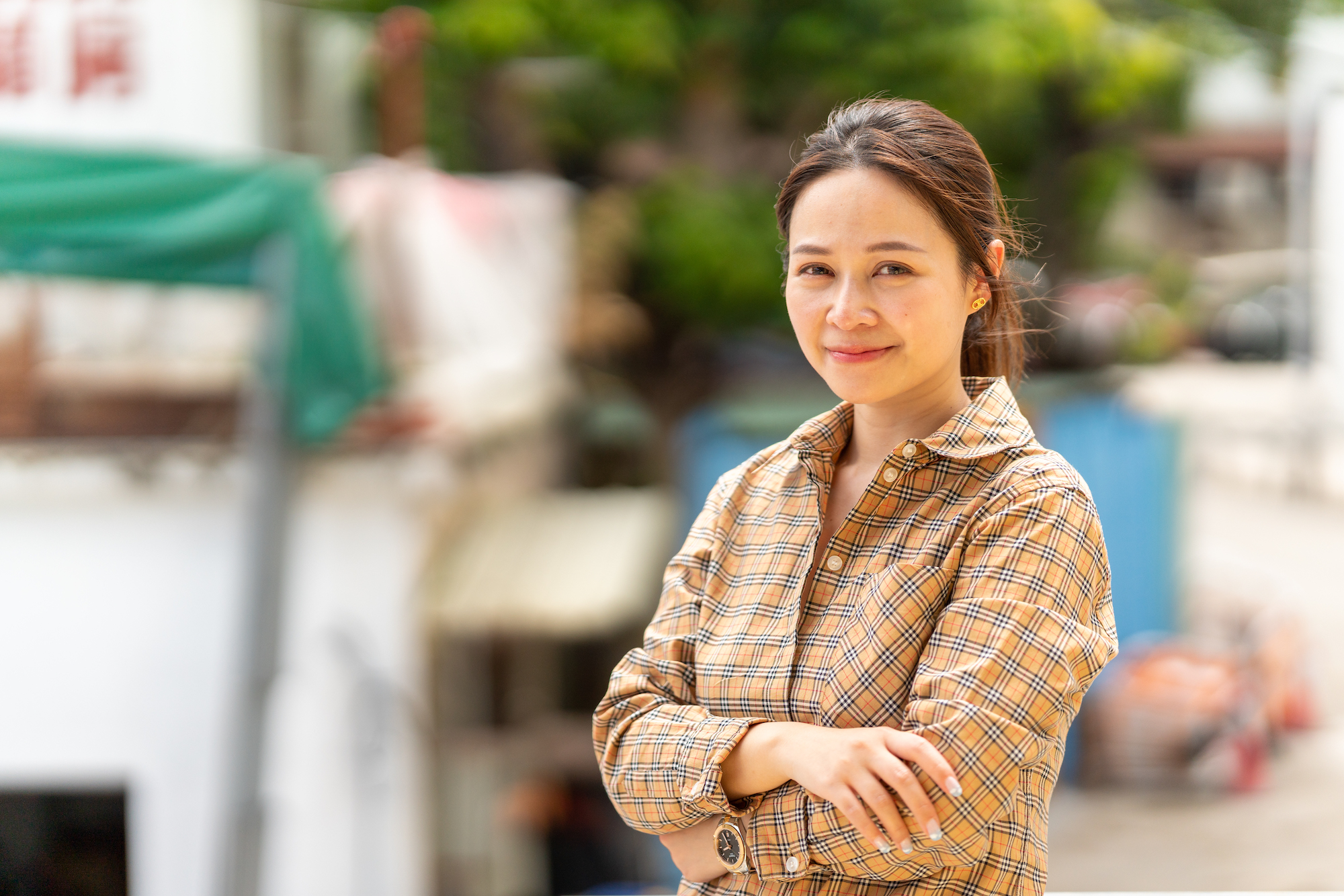
When enough is enough
Enough Macao has started small, focusing on just four everyday staples: reusable food storage bags, reusable sanitary pads, reusable makeup remover pads and bamboo toothbrushes. Most of these products, says Leung, are things that she uses every day and believes will make a significant impact.
“There is no need to force yourself to become an environmental expert immediately,” says Leung. “A good habit is not formed overnight.”
She points to Enough Macao’s reusable food storage bags as an example. When packing her children’s lunches, Leung used to run through many Ziploc bags, creating a lot of plastic waste at home.
The entrepreneur wanted an affordable alternative, so she and Jacy designed and manufactured affordable food container bags to sell. By using reusable bags, she adds, she also has an opportunity to teach her children better habits.
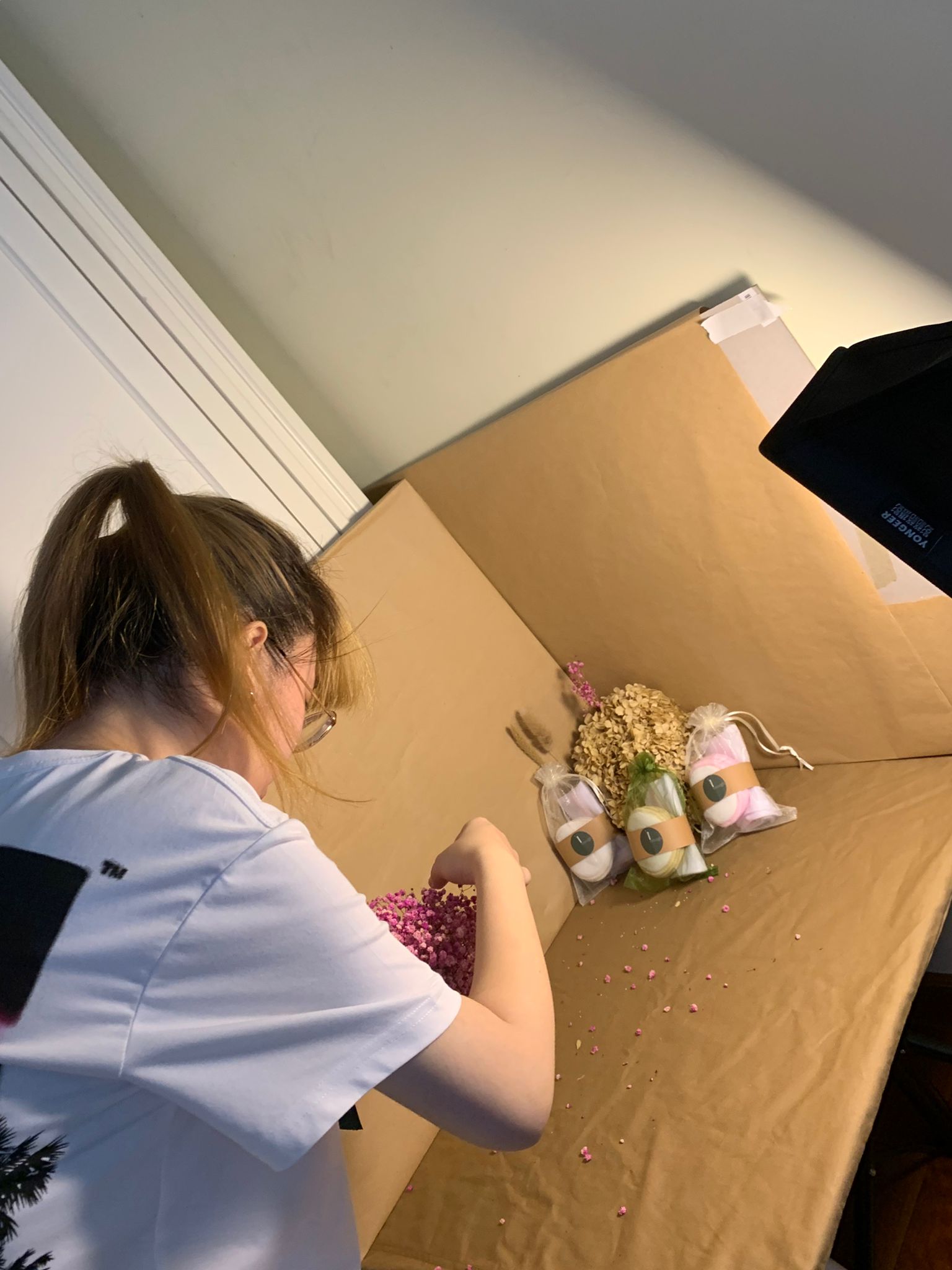
Leung also felt passionate about creating reusable sanitary pads to give women an alternative. “Knowing that plastic bags can take thousands of years to disintegrate, imagine the negative environmental impact that pads must have,” she says.
Enough Macao also sells reusable makeup remover pads and bamboo toothbrushes. After researching, Leung realised that the pesticides used during mass cotton production pollute the air and cause severe environmental damage.
“Reusable makeup pads will save us 600-700 cotton pads a year – and also save us a lot of money,” she says. “Meanwhile, we chose bamboo for the toothbrush materials because it degrades easily and causes no harm to soil or water.”
In the long run, Leung and her sister hope to be a brand that “all supermarkets and stores would sell” in Macao. They have split up responsibilities to reach their goal: Leung typically seeks out retail partners, works on the website, manages social media updates, and delivers orders herself. At the same time, Jacy designs products and tracks inventory.
In addition to selling their products online, a handful of local stores – such as Vang Kei Supermarket, Natural Friendly, Fillgood, Hap Iec Mai Hong, Ice On Me Macau and the supermarket run by the Association of Parents of the People with Intellectual Disabilities of Macau – stock Enough Macao products.
Although their product range is currently narrow, Leung believes that offering a few key everyday products is better than nothing. “If we don’t start educating the next generation about the harmful effects of single-use items, climate disasters could lead to human extinction,” she says. “It’s never too late to do something meaningful – not just for ourselves but for everyone and the planet.”
Know about interesting, eco-friendly products made in Macao? Tag us on our Facebook or Instagram.
